[Guest post] Generative AI, originality, and the potential role of contract in protecting unoriginal works
The IPKat
APRIL 25, 2024
Here’s what they write: Generative AI, originality, and the potential role of contract in protecting unoriginal works by Adrian Aronsson-Storrier and Oliver Fairhurst Artificial Kat Over the past two years the IPKat has hosted debate on the question of whether the outputs of generative AI tools are protected under copyright law.




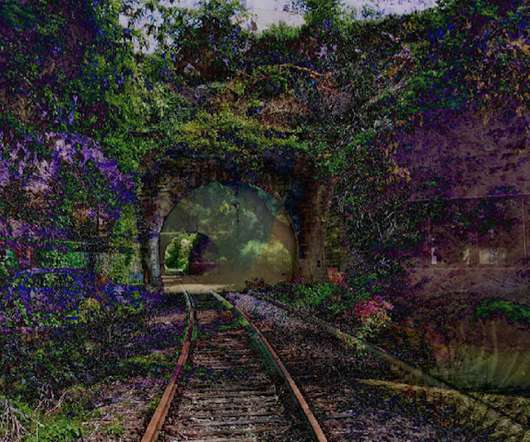
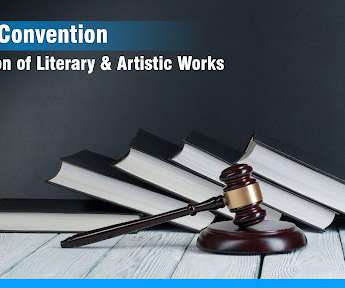

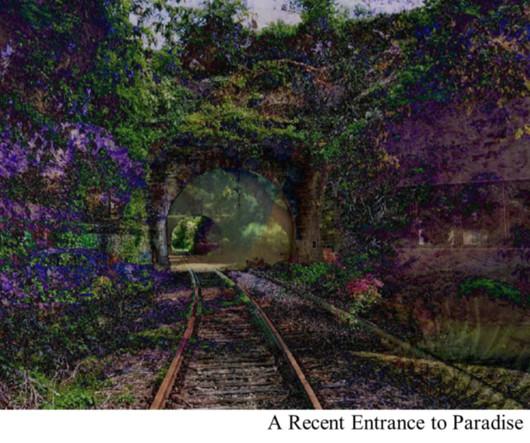

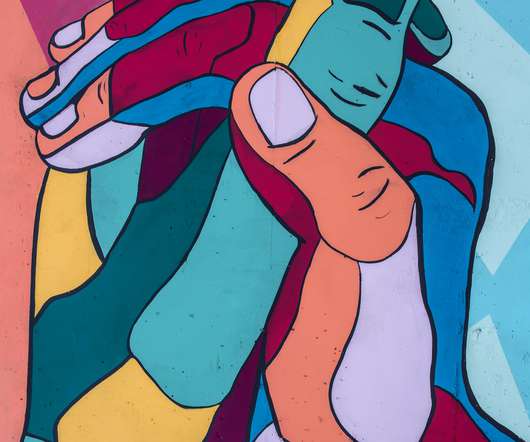
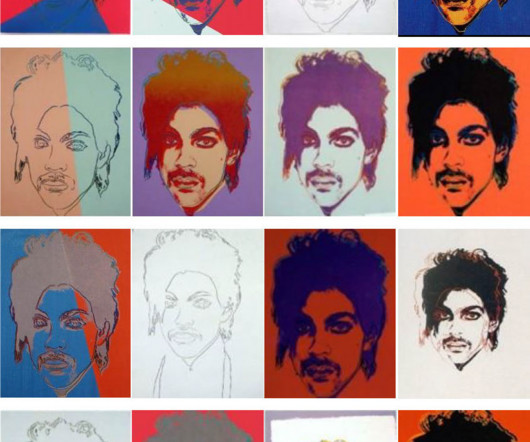
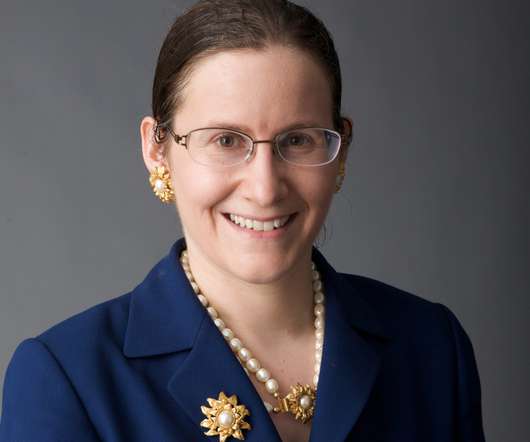






Let's personalize your content